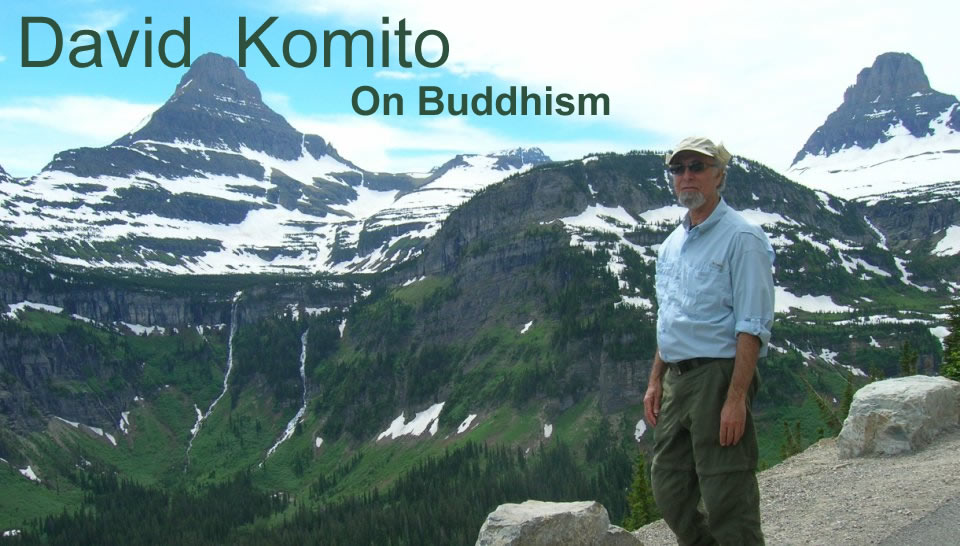There are various translations of the Heart Sutra, those variations depending on scholarly traditions, the original language of the Sutra being translated, interpretations of the translators and so forth. I have been thinking about this portion of the Sutra, derived from the Tibetan:
.... the Blessed One was absorbed in the concentration of the countless aspects of phenomena called “profound illumination.”
At that very time the Superior Avalokiteshvara, the bodhisattva, the great being, was looking perfectly at the practice of the profound perfection of wisdom, perfectly looking at the emptiness of inherent existence of the five aggregates also.
Then, through the power of Buddha, the Venerable Shariputra said to the Superior Avalokiteshvara, the bodhisattva, the great being, “How should a child of the lineage train who wishes to engage in the practice of the profound perfection of wisdom?”
What interests me here are these phrases: through the power of Buddha [who] was absorbed in the concentration of the countless aspects of phenomena called profound illumination, the Venerable Shariputra said to the Superior Avalokiteshvara ....." Here I find a reference to the relation of master and disciple, in which the mental condition of the master affects the mental condition of the disciple. The consciousness of the Buddha, in the concentration on the aspects of phenomena, such as their emptiness, so affects the disciple, Shariputra, that the disciple asks a question about emptiness.
Often the importance of this part of the Sutra is passed over by western teachers explicating the Sutra, although Geshe Rabten goes into considerable discussion about this "power" in his book Echoes of Voidness. For me these passages epitomize the relationships I have with my own (departed) teachers Tara Tulku Rinpoche and Locho Rinpoche -- which is a subtle-consciousness to subtle-consciousness connection which is the very basis of my practice of meditation, because in it I depend on their realizations.
The master does not just represent the ideal to which I strive as a student; he is the expression of the Buddha-mind itself, and as such is one with me because the seed of the Buddha-mind is within me. So when I look within, I find the master as much as, or perhaps even more than, when I looked at him face-to-face. And so my practice depends upon my teachers and their realizations both in his life and beyond his life, because that Buddha-mind has not gone anywhere even though the transitory collections of Locho Rinpoche and Tara Tulku are now in the past.
And because they and I were never fundamentally separate, when I write that my practice depends on their realizations I also am writing that my practice depends on the actual me which is we.
And because they and I were never fundamentally separate, when I write that my practice depends on their realizations I also am writing that my practice depends on the actual me which is we.


This is great stuff! Very honest and practical. I really enjoyed this post.
ReplyDeletehttps://blog.mindvalley.com/heart-sutra